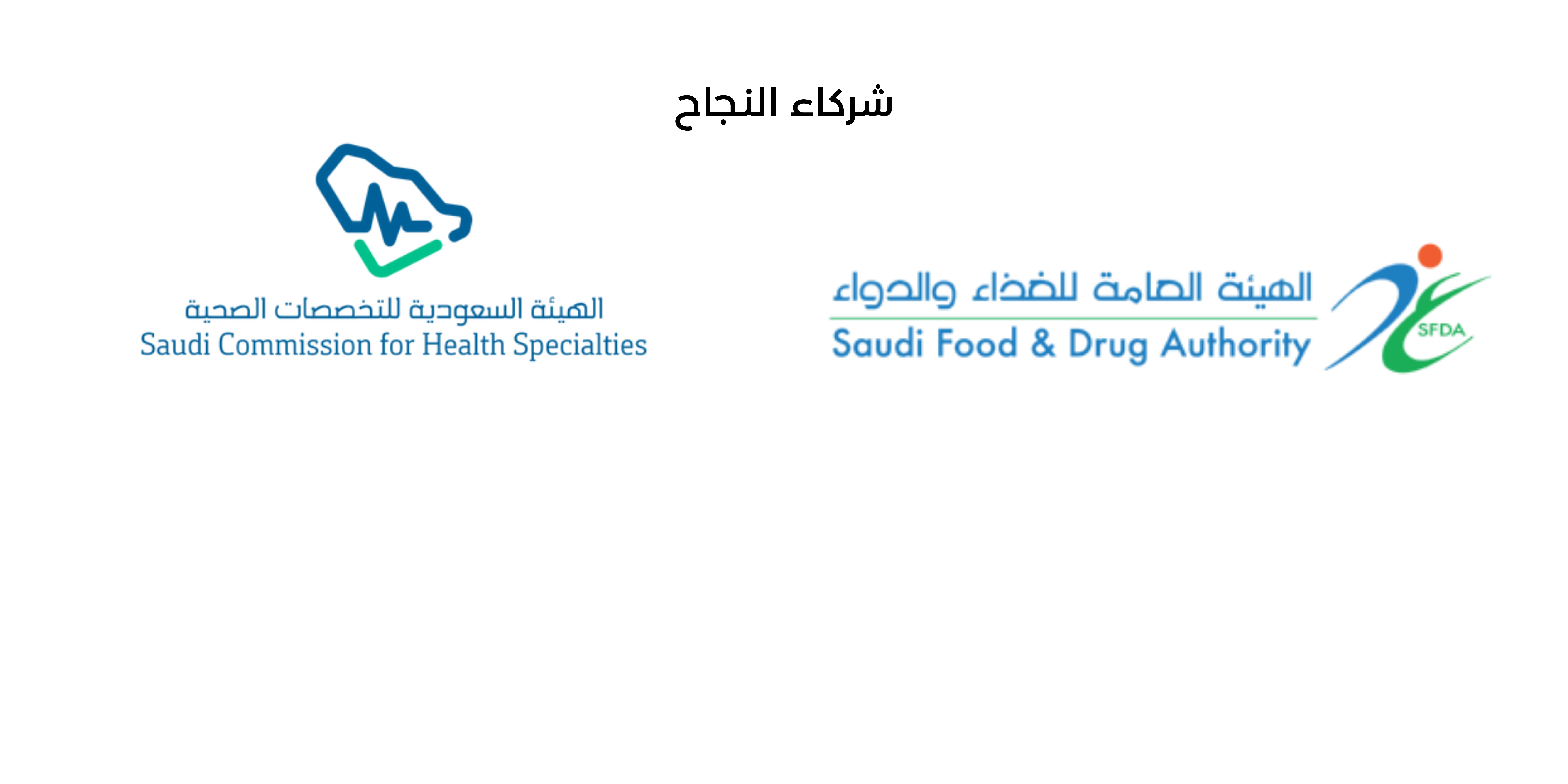Executive Master in Drug Regulatory Affairs

Degree Title
Executive Master in Drug Regulatory Affairs.
Language of Instruction
English.
Program Vision
To elevate the quality of the healthcare sector by cultivating human capital proficient in pharmaceutical regulatory affairs.
Program Mission
The program’s mission is to deliver distinguished education and foster advanced research in the field of drug regulatory affairs, while contributing to a knowledge-based economy for the healthcare community. Through education, critical thinking, and leveraging national and international expertise, we aim to enhance the healthcare landscape and engage in meaningful community services that address the evolving needs of society.
Program Goals
1. Enhance Education Excellence: Establish and maintain a high-standard educational framework that integrates advanced knowledge and practical skills in drug regulatory affairs, ensuring students are well-prepared to meet the evolving demands of the healthcare industry.
2. Advance Research Leadership: Develop and sustain a leading research environment that fosters innovation, critical thinking, and significant contributions to drug regulatory affairs, focusing on improving healthcare outcomes.
3. Contribute to the Knowledge-Based Economy: Strengthen the program's impact on the healthcare community by preparing graduates who are equipped to drive economic growth and influence healthcare policies and practices through their expertise in regulatory affairs.
4. Promote International Collaboration: Engage actively with national and international experts to continuously enhance educational content, research initiatives, and professional development opportunities, ensuring that the program remains at the forefront of global regulatory affairs.
5. Impact Healthcare Policy and Practice: Implement strategic initiatives that directly influence and improve healthcare practices, policies, and regulations, thus contributing to the betterment of the broader healthcare community.
6. Foster Community Engagement: Develop and execute initiatives that ensure the program actively contributes to community services, addressing societal needs and enhancing public health through regulatory expertise
Program Beneficiaries
Pharmacists from government entities (such as the Saudi Food and Drug Authority, Ministry of Health, hospitals, and academic institutions), as well as private sector organizations related to the registration and regulation of medical products.
Admission Requirements
In addition to the admission requirements outlined in the unified regulations for postgraduate studies in Saudi universities and the organizational and executive rules and procedures for postgraduate studies at King Saud University, applicants must meet the following criteria:
- Hold a bachelor’s degree in pharmacy or a Doctor of Pharmacy (Pharm.D.) from King Saud University or a recognized university by the Ministry of Education, with a cumulative GPA of at least 2.75 out of 5 or equivalence.
- Provide an English language test result, or a qualification obtained in English from countries where the official language is English, according to the approved list of the Deanship.
- The applicant must have at least two years of experience.
- The applicant must pass the written examination conducted by the program with a score of 25%.
Degree Requirements
Students must successfully complete 36 credit hours of the program's courses, including the research project, as follows:
| Course Type | Number of Courses | Required Credit Hours |
|---|---|---|
| Mandatory Courses | 15 | 28 credit hours |
| Elective Courses | 2 | 4 credit hours |
| Graduation Project | 1 | 4 credit hours |
| Total | 18 | 36 credit hours |
Target Audience
Students.
Study Time
Evening sessions (three days a week).
Program Fees
Study Plan
• The study plan of the program and course descriptions in Arabic
• The study plan of the program and course descriptions in English
Contact Information
EMDRA@ksu.edu.sa



